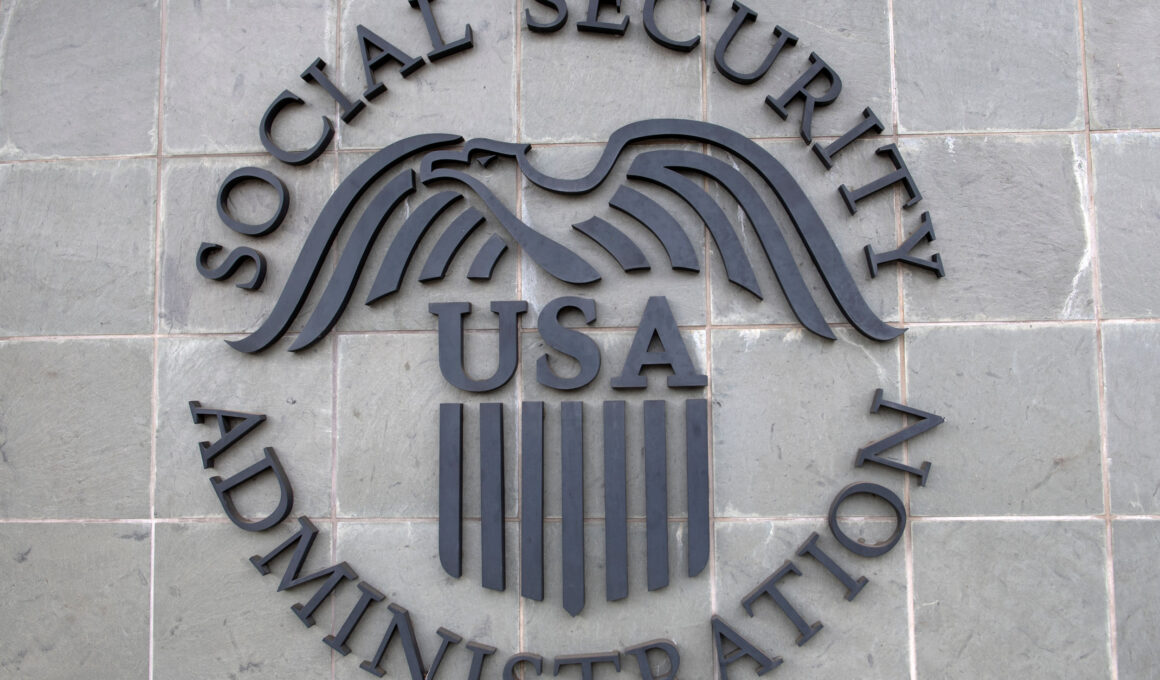Social Security has reached a “record-breaking” number of improper payments due to a substantial backlog in their system.
In February of this year, the Social Security Administration backlog had an “all-time high” of 5.2 million pending actions, which caused $1.1 billion in improper payments.
The Inspector General announced the record-breaking backlog last week. The backlog has gradually been increasing since 2018, resulting in widespread over and underpayment errors.
More From Newsweek Vault: Checking Account vs. Savings Account: Which is Best for Your Finances?
“The improper payments have to be gotten under control,” Alex Beene, a financial literacy instructor for the University of Tennessee at Martin, told Newsweek. “The issue is that’s more easily said than done. So far, underpayments and overpayments remain key concerns, leading to issues where recipients either receive too little or too much and are in some cases asked to return the money, which causes even more complications.”
The SSA attributed the backlog to the agency being short-staffed and facing a higher workload alongside limited overtime funding.
“Customer satisfaction has been an ongoing concern for SSA. This report continues to highlight the urgency for SSA to reach its pending actions performance goal and to ensure beneficiaries receive their proper payments as promptly as possible,” said Michelle Anderson, Assistant Inspector General for Audit serving as the Acting Inspector General for SSA, in a statement.
Overpayments are a particular concern when it comes to the SSA’s improper payments, as they often force seniors to pay back thousands of dollars while unable to make ends meet. The SSA often doesn’t realize its error until years later when suddenly the recipient is on the line for $50,000 to $100,000 in payments.
More From Newsweek Vault: How to Build a CD Ladder for Retirement
“Not dealing with the backlog isn’t just causing issues for recipients, but also for taxpayers in the form of billions of dollars going mismanaged,” Beene said. “When people pay into Social Security, they expect the system to support them in retirement.”
In one example, an SSA overpayment error caused a beneficiary to receive $9,000 extra from the agency beginning in June 2021. The SSA didn’t realize the mistake until May 2023, however, and the overpayments owed had reached $62,000.
More From Newsweek Vault: Learn What Steps to Take if Your Retirement Income Isn’t Enough
Underpayments can also be an issue because seniors and those living with disabilities are forced to go without money that is oftentimes necessary to get by month to month.
The SSA has lost a significant chunk of its employee base over the past few years, with more than 650 fewer employers working in processing centers than the agency had eight years ago. That’s at the same time that the number of Americans on Social Security has skyrocketed from 64 million to almost 72 million, the SSA said.
Based on these numbers, it’s likely the SSA only has one worker per every 1,200 recipients, said Kevin Thompson, a finance expert and the founder and CEO of 9i Capital Group.
“One can presume that more people apply for social security each day than are subsequently hired, so it is a statistic and dynamic that will likely get worse over time,” Thompson told Newsweek.
Thompson said the “antiquated systems” of the government and lack of money to revitalize the system are contributing to the routine payment mistakes.
“Think about it,” Thompson said. “If you have roughly 10,000 new beneficiaries on a daily basis entering the system, and you are not hiring the commensurate amount to handle the new demand, backlogs and errors are all but inevitable.”
Michael Ryan, a finance expert and the founder of michaelryanmoney.com, echoed this sentiment, calling the backlog a “mess.”
“We’re just dealing with a perfect storm of red tape and systemic failures,” Ryan told Newsweek. “At its core, we’ve got a severe mismatch between resources and workload.”
Ryan said the scale of the improper payments could also cause Americans to lose confidence in the Social Security system overall, which is predicted to lose full funding by the mid-2030s.
“It’s not just about the here and now,” Ryan said. “It’s about people losing faith in a system they’re supposed to count on. If you can’t trust that your check will show up on time, the whole thing starts to look shaky.”







